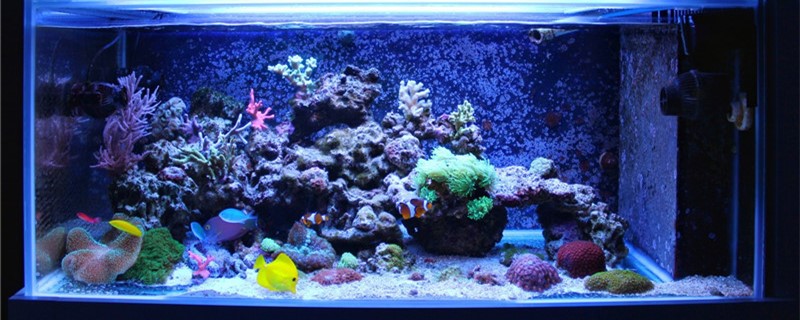
The poor water quality of fish farming mainly means that the water is not suitable for the survival of fish. Especially, the water quality is not clean, there is too much chlorine in the water, the oxygen in the water is not enough, there is no nitrifying bacteria system in the water, and there is no ability to deal with feces. If these situations occur, they need to be dealt with pertinently.
1. Unclean water quality: Unclean water quality may occur when raising fish. At this time, we need to pay attention to changing water frequently, and add a filter to help improve water quality.
2. Excessive chlorine in the water: tap water is mostly used when raising fish. However, tap water can not be used directly because of its high chlorine content. Before using water, tap water needs to be left standing or exposed to the sun in advance to remove chlorine.
3. No ability to deal with feces: When raising fish, the fish may discharge a large amount of feces, which will produce toxic gas and affect the health of the fish. Therefore, it is necessary to add nitrifying bacteria in water and cultivate nitrifying bacteria system. In this way, the feces can be effectively treated.
1. Sunning water: Before putting the fish into the culture tank, you need to perform the steps of sunning water. Sunning water can remove chlorine from water and kill most bacteria in water.
2. Water culture: It is necessary to add nitrifying bacteria into the water and culture the nitrifying bacteria system.
3. Water change: Water change can ensure the cleanliness of the water and provide enough oxygen for the water.
4. Oxygen: Fish need a certain amount of oxygen to grow. Therefore, it is necessary to put an oxygen pump in the tank to ensure the oxygen content in the water.
5. Salt content: Different fish have different requirements for the salt content in the water. It should be adjusted according to the specific situation.